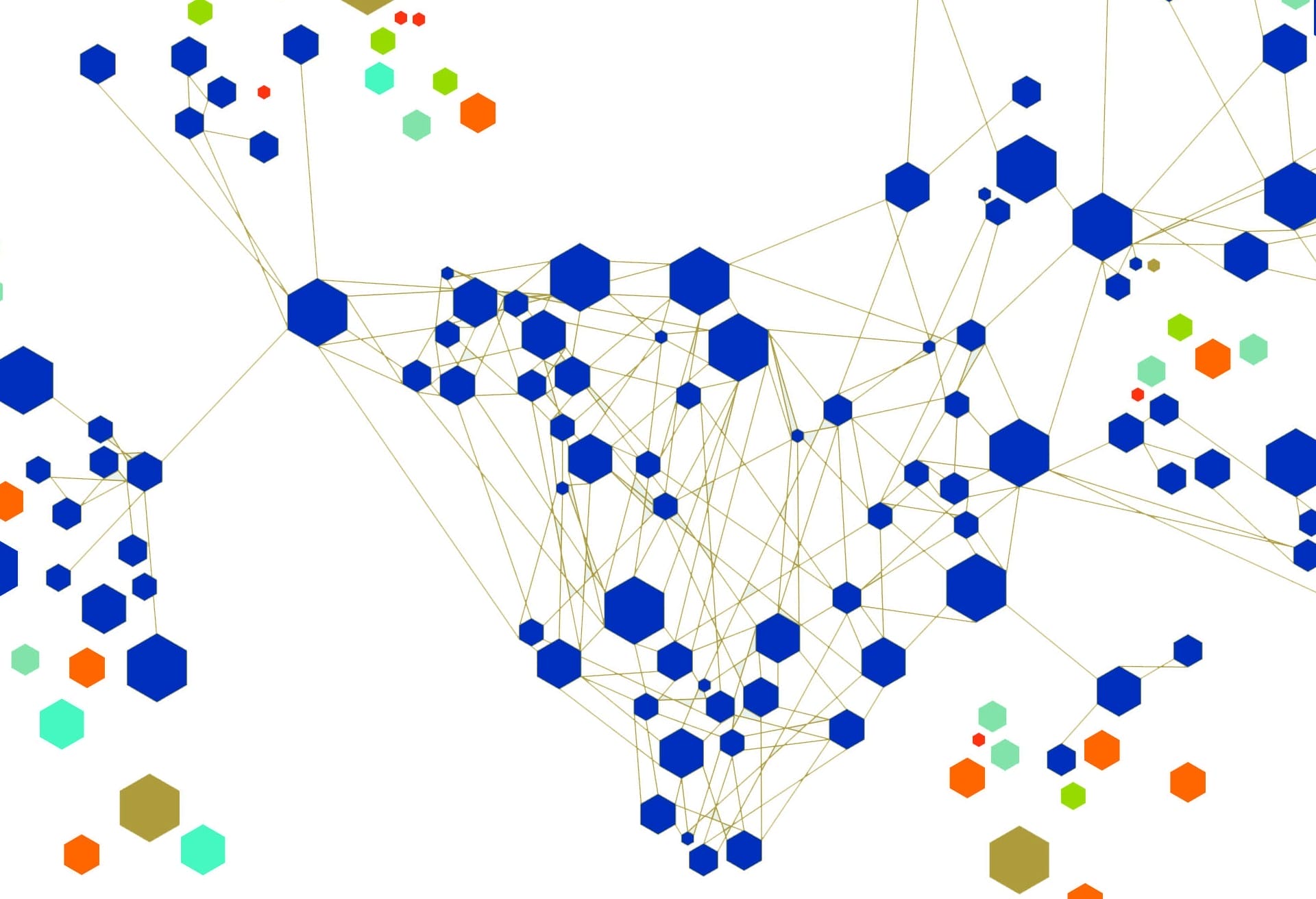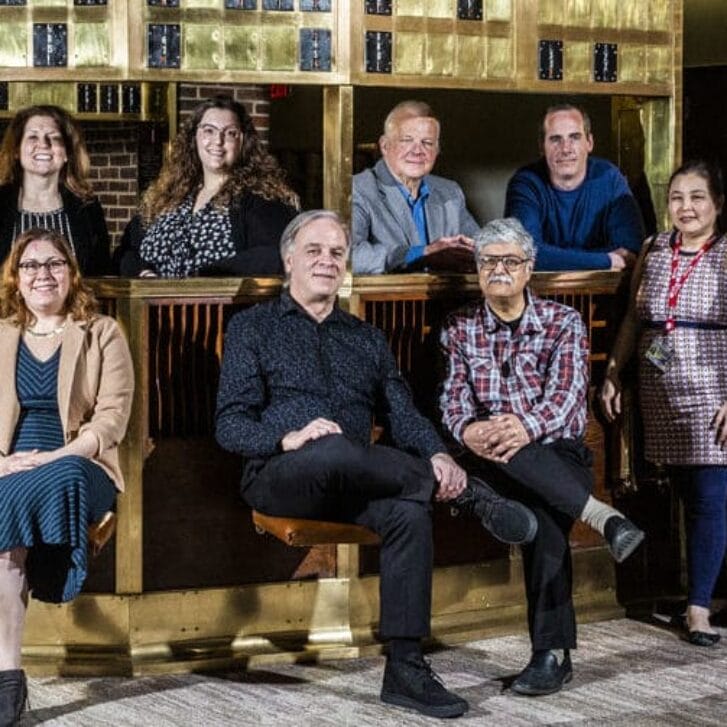This July 14 to 17, the Wharton Fellows program plans to venture to Silicon Valley to discover the “next new thing.” October will find Wharton Fellows in South Africa and Ghana. And everywhere it travels, it is apparent that the Wharton Fellows program has a growing vigor, relevance and rigor.
Partly, this results from a slight twist in how the Fellows Program works. Now, alumni from the Advanced Management Program (AMP) can become Fellows if they so choose. The AMP alumni community is 2,400 strong—an infusion of talent to an already elite and close-knit bunch of Fellows.
“Over the years, these guys have developed incredible relationships and friendships,” says Fellows founder and academic director Jerry Wind.
The way the Fellows keep in touch is also a game-changer. Traditionally, Fellows continue their dialogue outside the three-day master classes by interacting as most professionals do: by phone and email. But Wharton Executive Education is helping with the launch of a robust platform so that the elite group of business leaders can network with each other virtually and at will.
Wharton Fellows remains devoted to providing an MBA-grade educational experience. Wind describes it as a “war college” for senior managers.
The Lauder Professor and director of the SEI Center for Advanced Studies in Management started Wharton Fellows more than 13 years ago to give executives tools to deal with change and transformation in their organizations.
“No one with their original education is prepared to deal with complexity and uncertainty,” Wind says.
The Wharton Fellows programming is not off-the-shelf. Each master class offers unique, experiential learning and understanding. To develop courses, Wind and Dave Heckman, senior practice leader for senior management programs, seek input from advisory boards and from Fellows themselves about business issues they need to tackle. They pair alumni surveys with external research.
The result: master classes during which participants meet senior executives on the ground and at their plants. These executives can share best practices in their given vertical. Participants come home immediately able to lead their organizations in identifying and acting on growth opportunities in, say, Africa.
“There’s a lot of learning that happens,” Heckman says.
Alumni—from Fellows to AMPs to Wharton undergrads to MBAs—play a role in the development of the educational content as well. They not only provide insight into how courses should be designed, they connect Wind and Heckman with the senior executives in the host location. Alumni serve as mentors (every Master Class participant gets a mentor).
“That is how classes are built. Through alumni,” Heckman says.
—By Matthew Brodsky


























